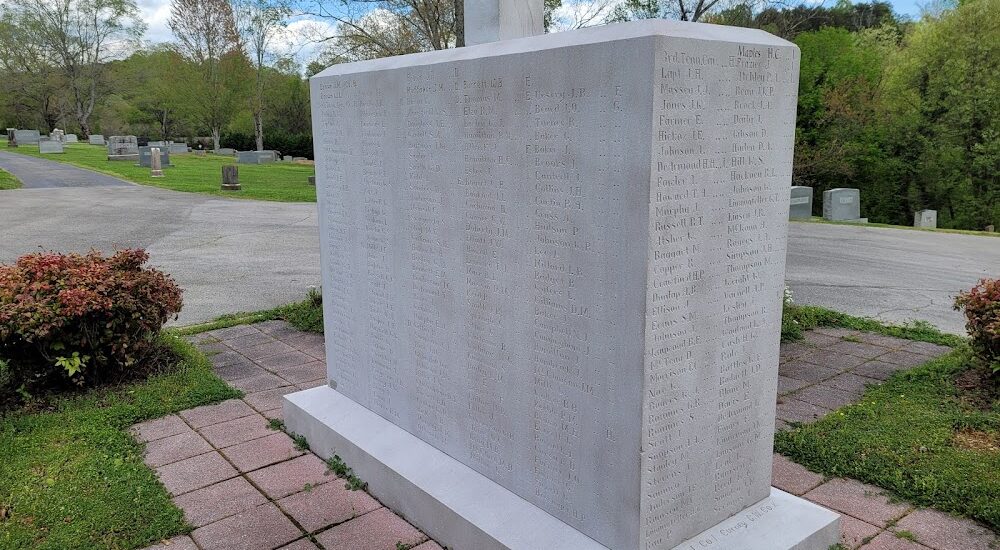Driving or strolling through Knoxville, Tennessee, you might come across the Sultana Memorial, a significant yet somber tribute to the worst maritime disaster in United States history. The Sultana was a wooden, side-wheel steamboat launched in 1863, intended for commercial trade along the Mississippi River. However, it became tragically famous due to an event that occurred on April 27, 1865.
On that fateful day, just days after the American Civil War had ended and amidst the tumultuous period marked by President Abraham Lincoln’s assassination, the Sultana was carrying over 2,100 passengers—mostly Union soldiers recently released from Confederate prison camps. This number far exceeded its intended capacity of 376 passengers. As it made its way up the Mississippi River, three of the boat’s four boilers exploded, leading to a catastrophic sinking near Memphis, Tennessee, resulting in the deaths of approximately 1,864 people.
The disaster was overshadowed by the significant national events occurring at the same time and did not receive the attention it might have warranted otherwise. Over the years, survivors and their descendants pushed for a proper memorial. In Knoxville, the Sultana Memorial was eventually dedicated in 1916 by the survivors of the disaster and their families, in the Mount Olive Cemetery.
The memorial is not just a tribute to those who perished but also a symbol of the resilience and perseverance of those who survived one of the most horrific maritime tragedies. Visitors today can reflect on this poignant piece of history, considering the broader historical context of the Civil War’s end and the human cost of war and disaster.





